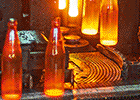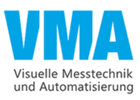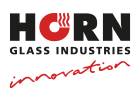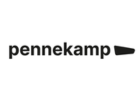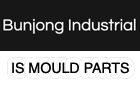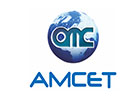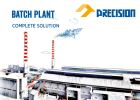Pharmaceutical manufacturer Gerresheimer has completed a furnace rebuild at its Essen, Germany site.
The facility produces millions of glass containers for the pharmaceutical industry every year.
It said the routine renovation of the furnace means it will use less energy and is much more sustainable than its predecessor.
It means new capacity is available with immediate effect to satisfy the high demand for the production of injection and infusion bottles from type II glass for parenteral solutions.
The renovation was used as an opportunity to fundamentally modernise the plant in all areas.
New furnace technology, the further enlargement of the clean room as well as the automatisation of the testing and packaging systems safeguards the company’s position.
“We want to make production more environmentally friendly while remaining an efficient partner for our customers,” says Dr. Jürgen Unruh, CEO of Gerresheimer Essen, adding that the investment will also help to secure approximately 400 jobs at the plant.
Enlargements will be made to the production hall and the clean room will be increased in size, while testing and packaging technology will be further automated and brought up to date with the latest technology.
It means that, by using new technology, the energy efficiency of the new white glass tank can be improved while at the same time reducing specific CO2 emissions.
For example it has installed a candle filter that reduces nitrogen oxide (NOx) content. The new construction will also improve the noise protection for the plant’s neighbours.
As the Center of Excellence for the production of type II glass, the Essen plant will in future also be able to offer parenteral solutions.
In doing this, Gerresheimer can fall back on a variety of hardening and tempering methods which allow the smallest bottles for injections as well as typical infusion bottles with larger volumes to be produced.
Guaranteeing glass quality and hydrolytic resistance in line with type II glass is a priority.





